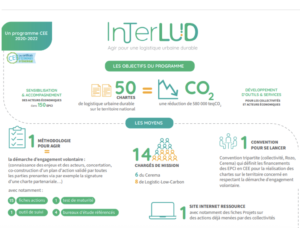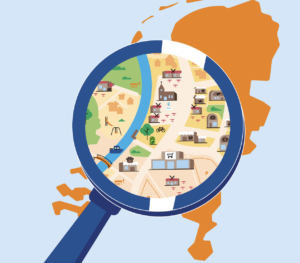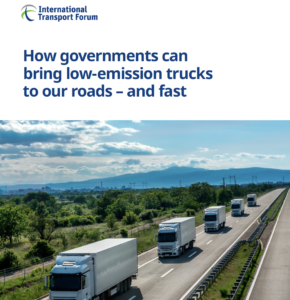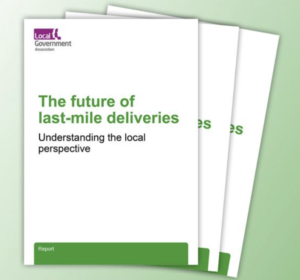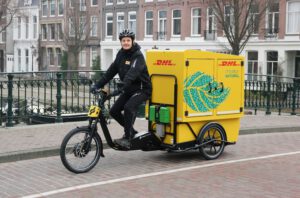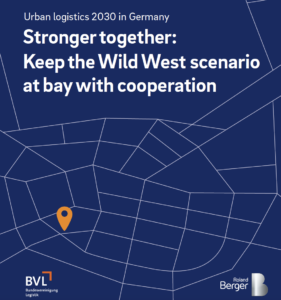Electric Trucks Are Entering a Make-or-Break Phase for the Transport Sector
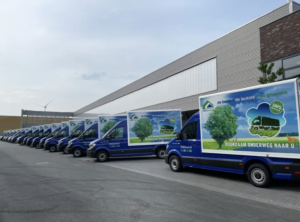
With the new round of the Dutch AanZET subsidy now open, the electrification of heavy-duty road transport is getting another push. It is badly needed. Many carriers still underestimate how fast and how fundamentally the sector is about to change. Decarbonisation requires uncomfortable strategic choices: invest, cooperate, or outsource. Companies without a strategy risk being …

